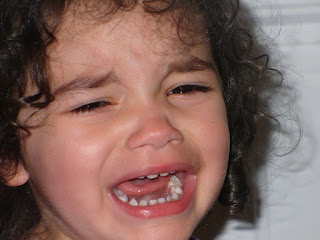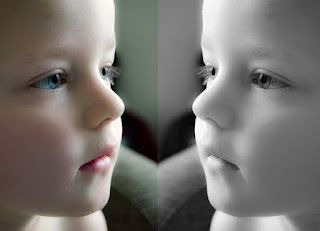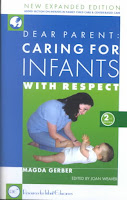What to Do When Gates Aren't Enough -- Safe Spaces for Toddlers (and Preschoolers)

I hear from parents all the time who are frustrated because their young children are getting into everything and don't listen to "no". The parents are frustrated and often have resorted to some kind of punishment or consequences because their old methods aren't working anymore. Is this you? Then read on. First, let’s define some terms to make sure we’re on common ground: I talk a lot about limits and boundaries and to me, the two are different. Limits are the things we don’t let our kids do because they’re inappropriate, unkind, or unsafe, or unhealthy for them or others. Boundaries are things we don’t let our kids do because it’s not okay with us, personally. Boundaries also define what we have a right to control and what we don’t. So an example of a limit is, “I won’t let you run into the street. When we cross, we will go together, holding hands.” An example of a boundary is, “I don’t want you to climb here. I’m afraid this could get broken.” You would ...







